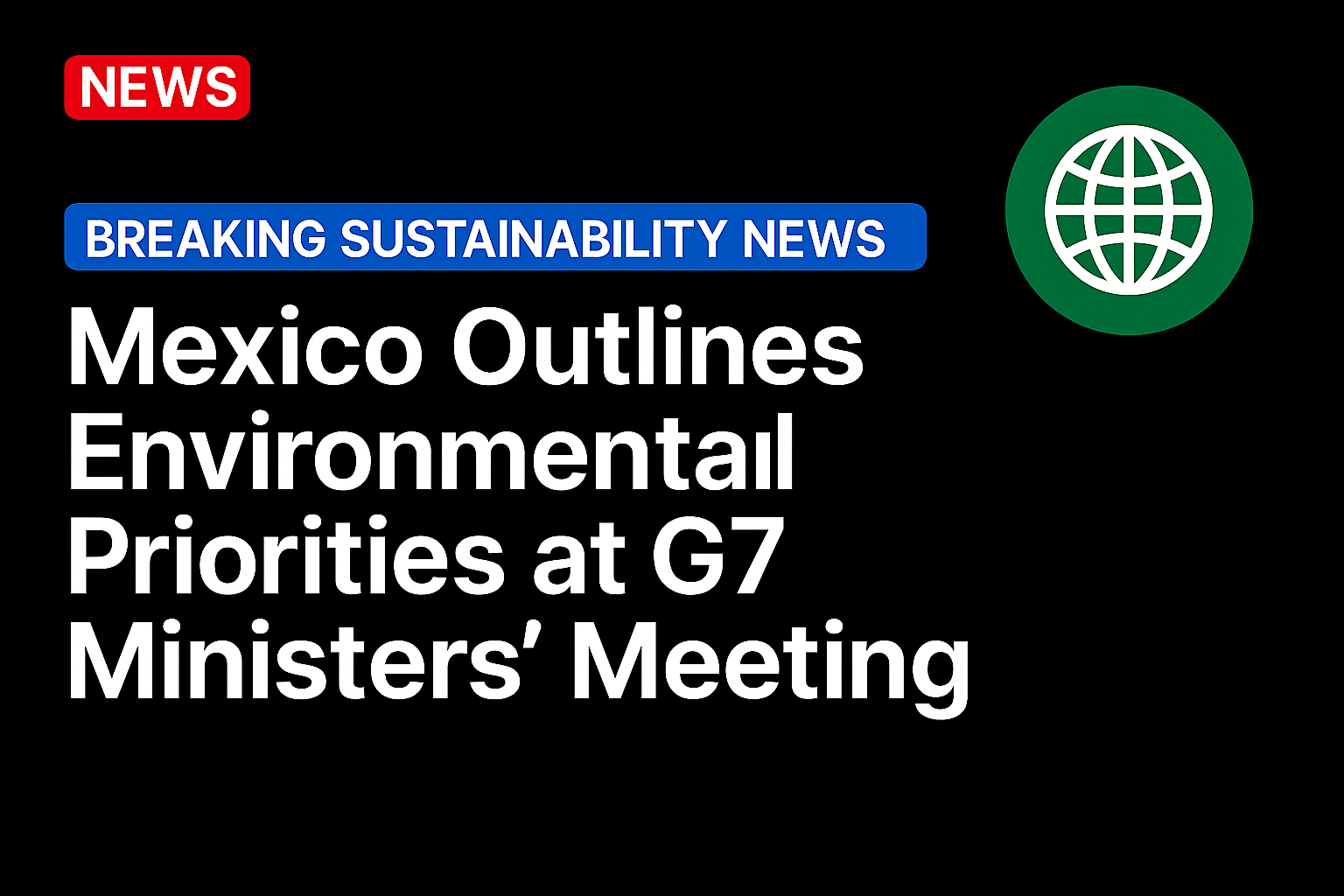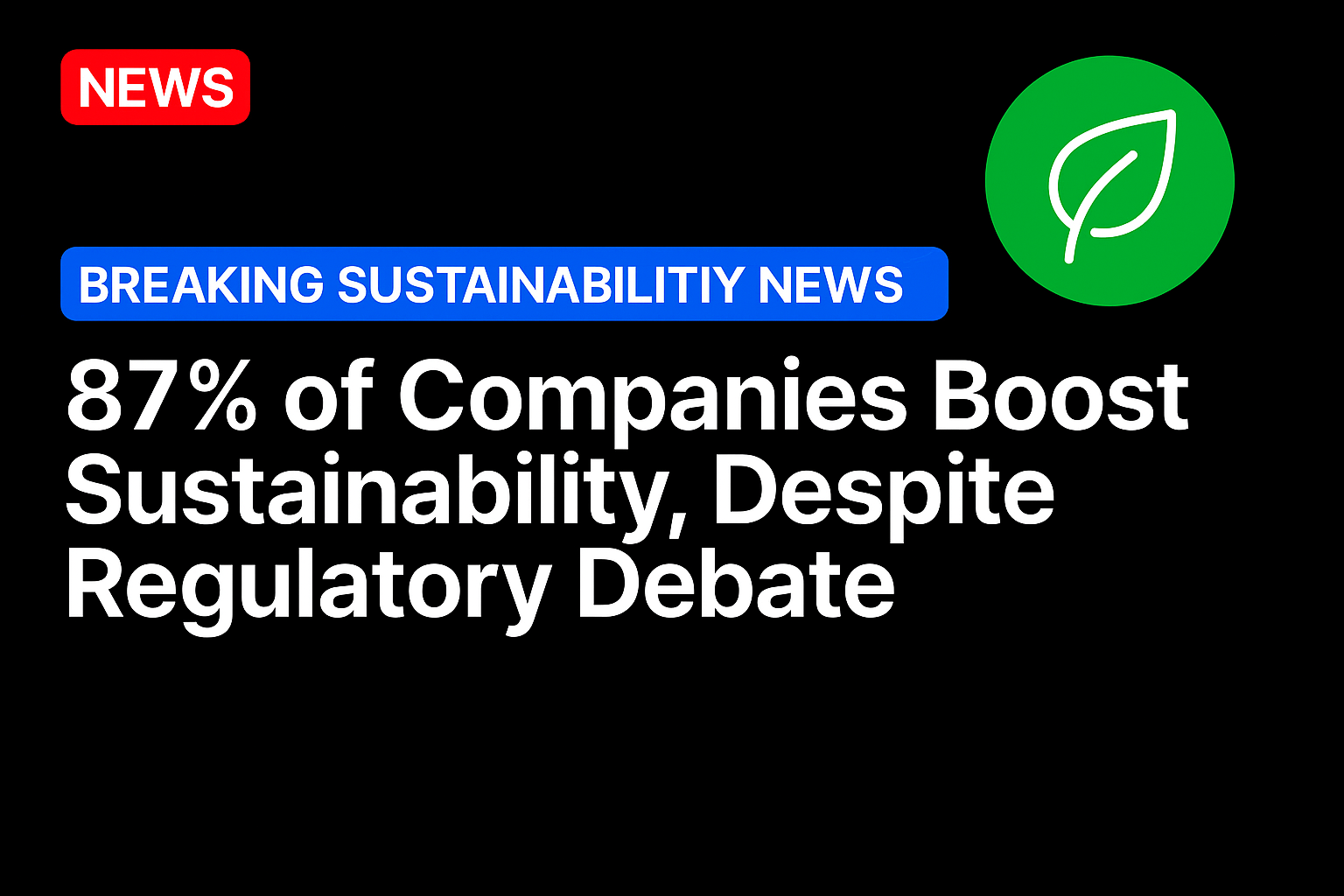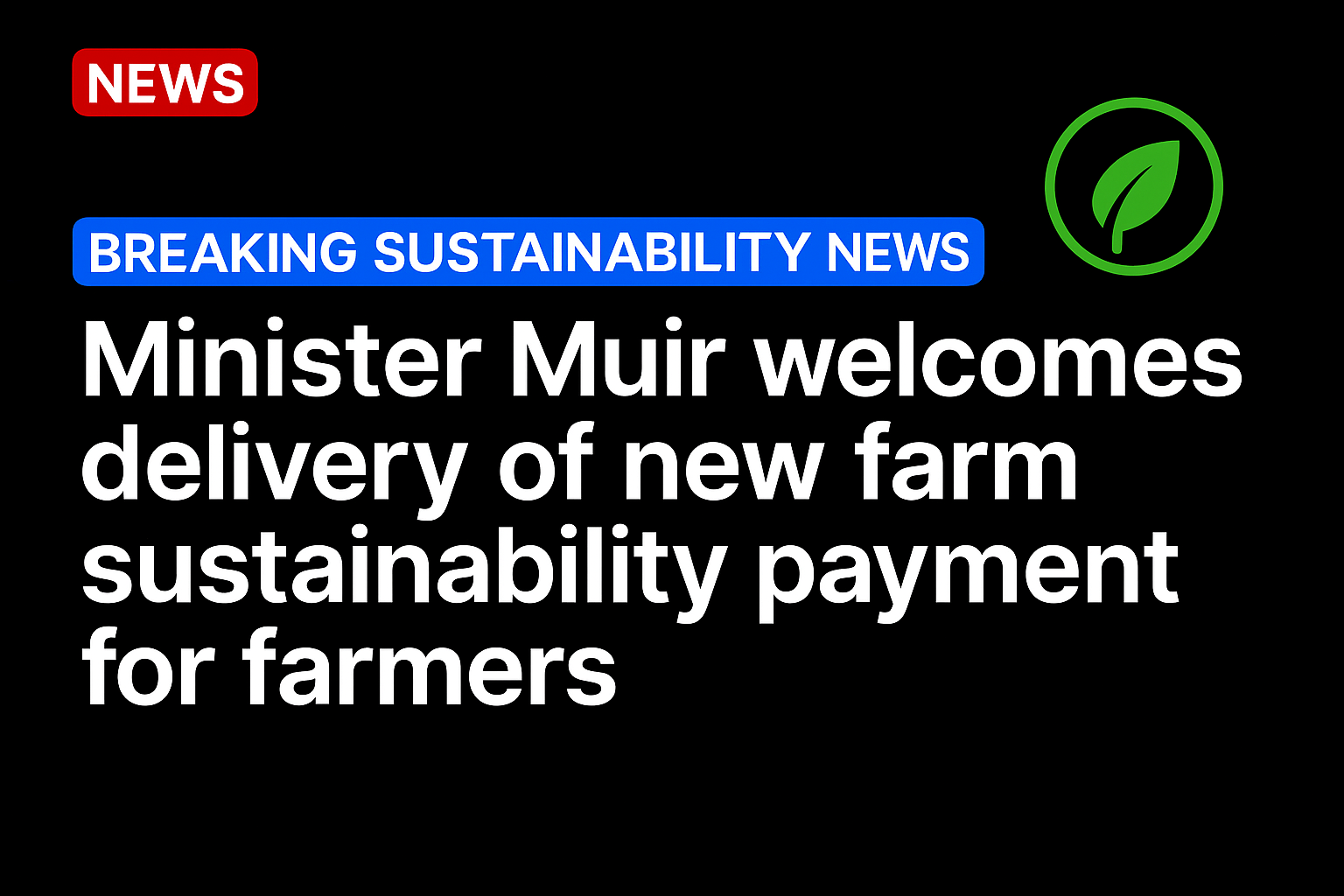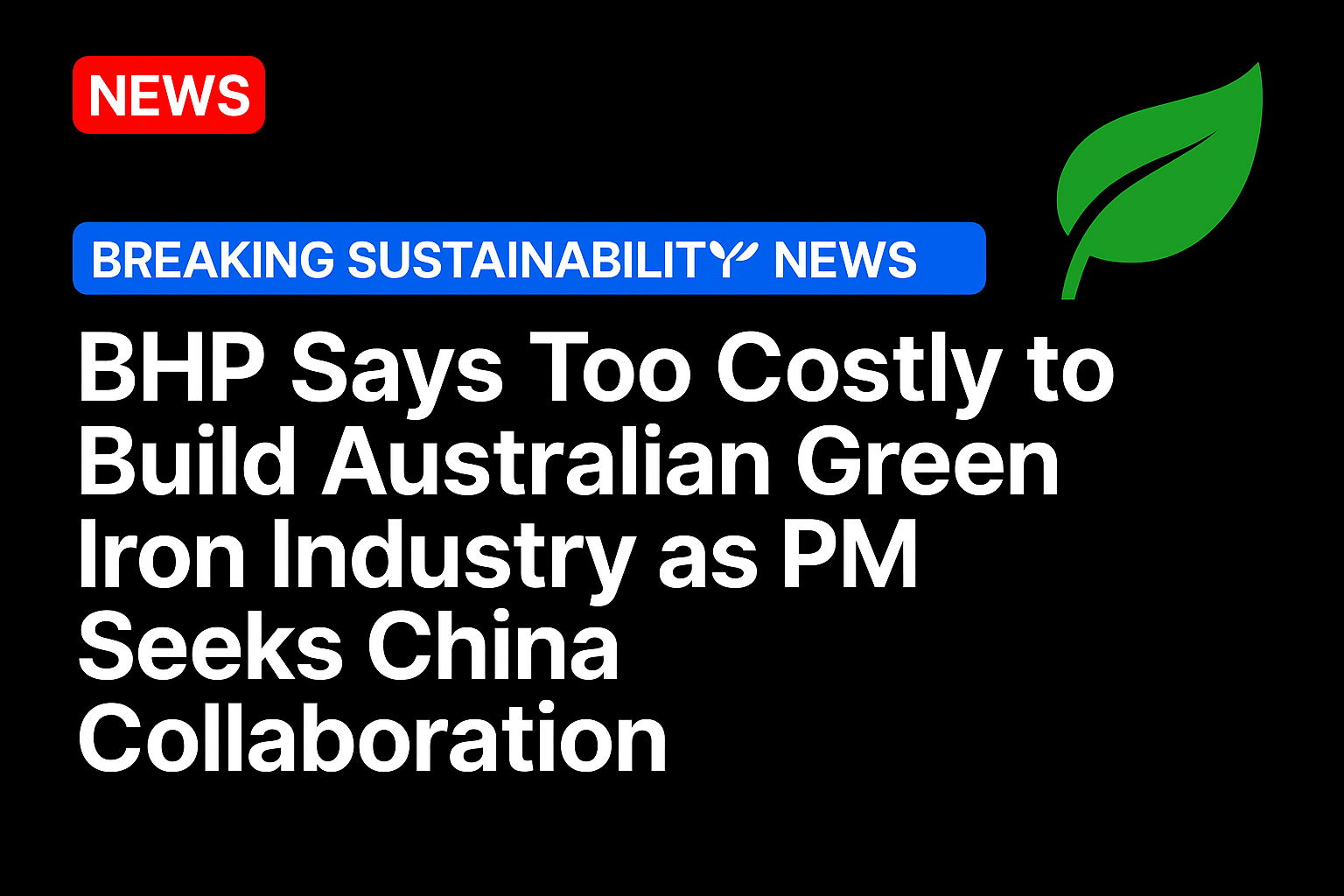Mexican Minister Environment and Natural Resources Alicia Bárcena participated in the G7 Environment and Energy Ministers’ Meeting in Toronto, representing Mexico as an invited country to discuss global cooperation on climate change, circular economy, and environmental resilience.
Bárcena emphasized that Mexico’s inclusion reflects the leadership of President Claudia Sheinbaum, who attended the G7 summit in Kananaskis in June. Since then, Mexico has been invited to participate in various G7 sectoral meetings.
A key topic in Toronto was the circular economy, which Bárcena described as a national priority under Sheinbaum’s administration. She highlighted progress on the Circular Economy Park in Hidalgo, designed to integrate lessons from G7 countries including Germany, Japan, the UK, and France.
The minister also met with Lee Zeldin, head of the US Environmental Protection Agency, to review the Tijuana wastewater project under the International Boundary and Water Commission’s Act 333, noting significant advances in bilateral environmental commitments.
Discussions addressed broader climate adaptation and mitigation challenges, including the urgency of responding to wildfires and floods affecting several G7 nations. Bárcena stressed that adaptation must remain a global priority alongside emissions reduction, ahead of COP30 in Brazil.
“Mexico values the opportunity to exchange experiences and strengthen ties with the environment ministers of the G7,” Bárcena said. “These discussions are essential to advancing shared goals on sustainability, energy transition, and environmental cooperation.”
During the Global Environmental Agenda Session, Bárcena called for a global framework to measure and value nature-based solutions, citing the World Economic Forum’s Global Risk Report 2025 and the intensifying risks of extreme weather, biodiversity loss, and ecosystem collapse. She urged the G7 to create a platform to share best practices supporting non-member countries like Mexico in strengthening climate resilience.
Bárcena outlined Mexico’s goal to shift its development model “from extractivism toward regeneration”, focusing on circular economy principles. She emphasized assigning monetary value to environmental services—such as carbon capture by forests, mangroves, and oceans—as a crucial step for implementing nature-based compensation mechanisms under COP30 and NDC 3.0 frameworks.
“We must put costs and prices on environmental services. Without agreed global methodologies, it is impossible to calculate or trade nature-based carbon offsets effectively,” she said.
Mexico faces the challenge of reducing national greenhouse gas emissions by 35% while maintaining economic growth. The government aims to achieve this balance through a taxonomy of nature-based solutions and circular innovation projects, including industrial parks built on circular economy models.
Bárcena also called for increased focus on adaptation, noting that wildfires, hurricanes, and floods now affect both developed and developing countries. She highlighted bilateral cooperation with Canada and the United States, including deployment of Mexican wildfire combat teams and support for financial mechanisms like “hurricane clauses,” which allow temporary debt relief for disaster-affected nations.
Source: https://mexicobusiness.news/




